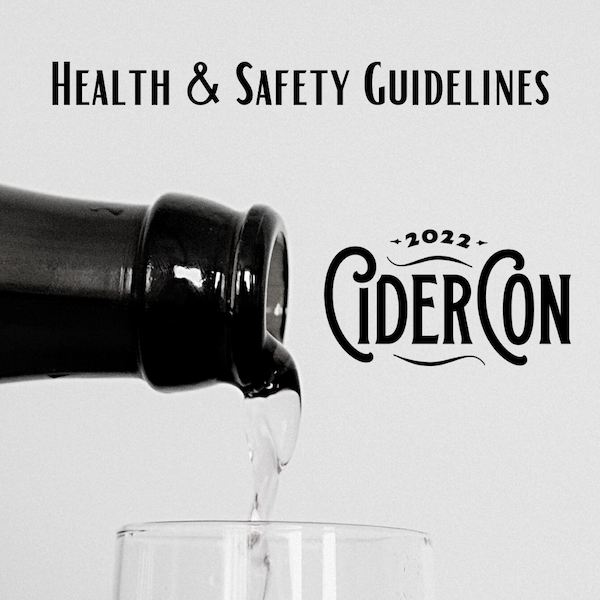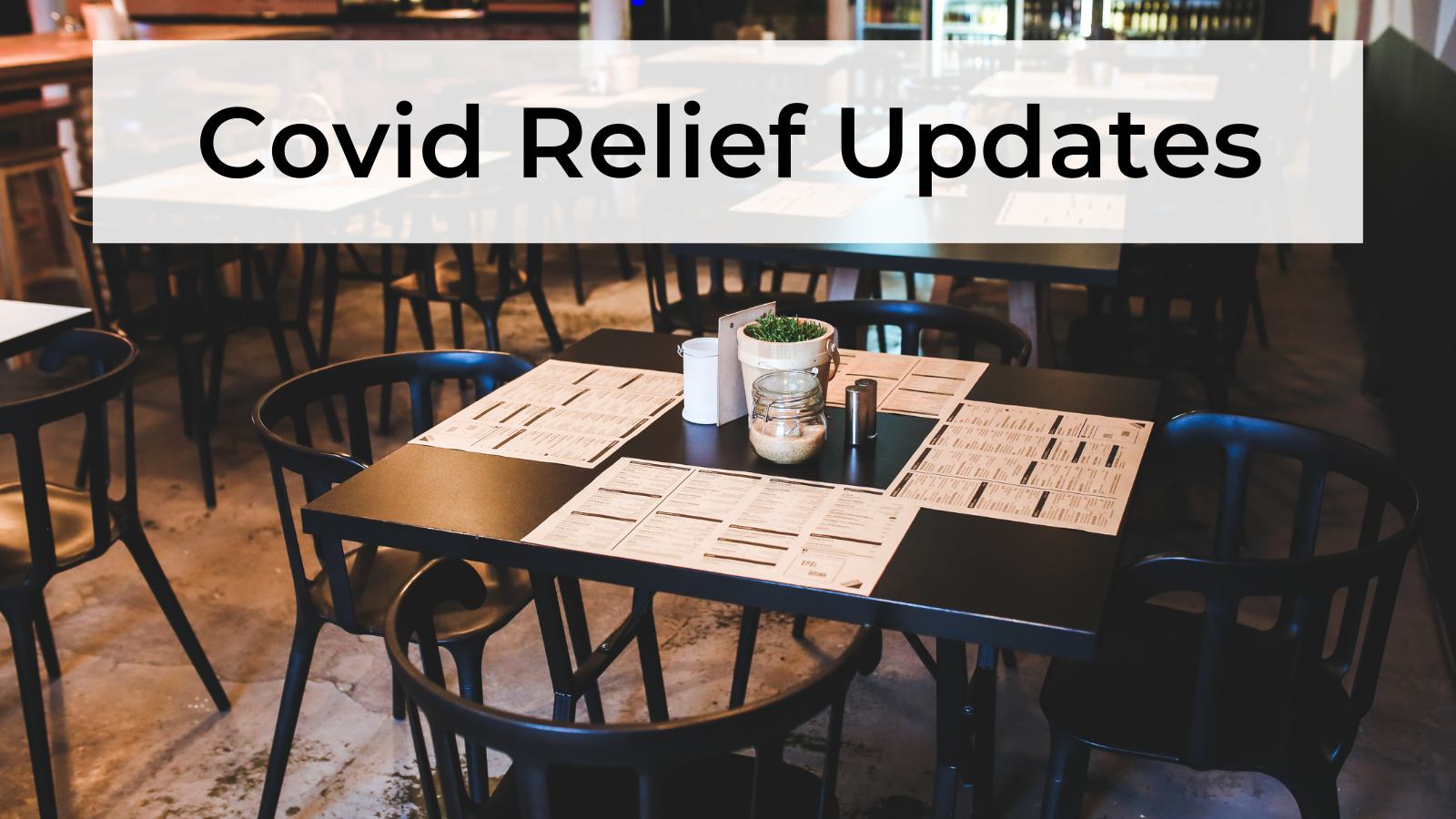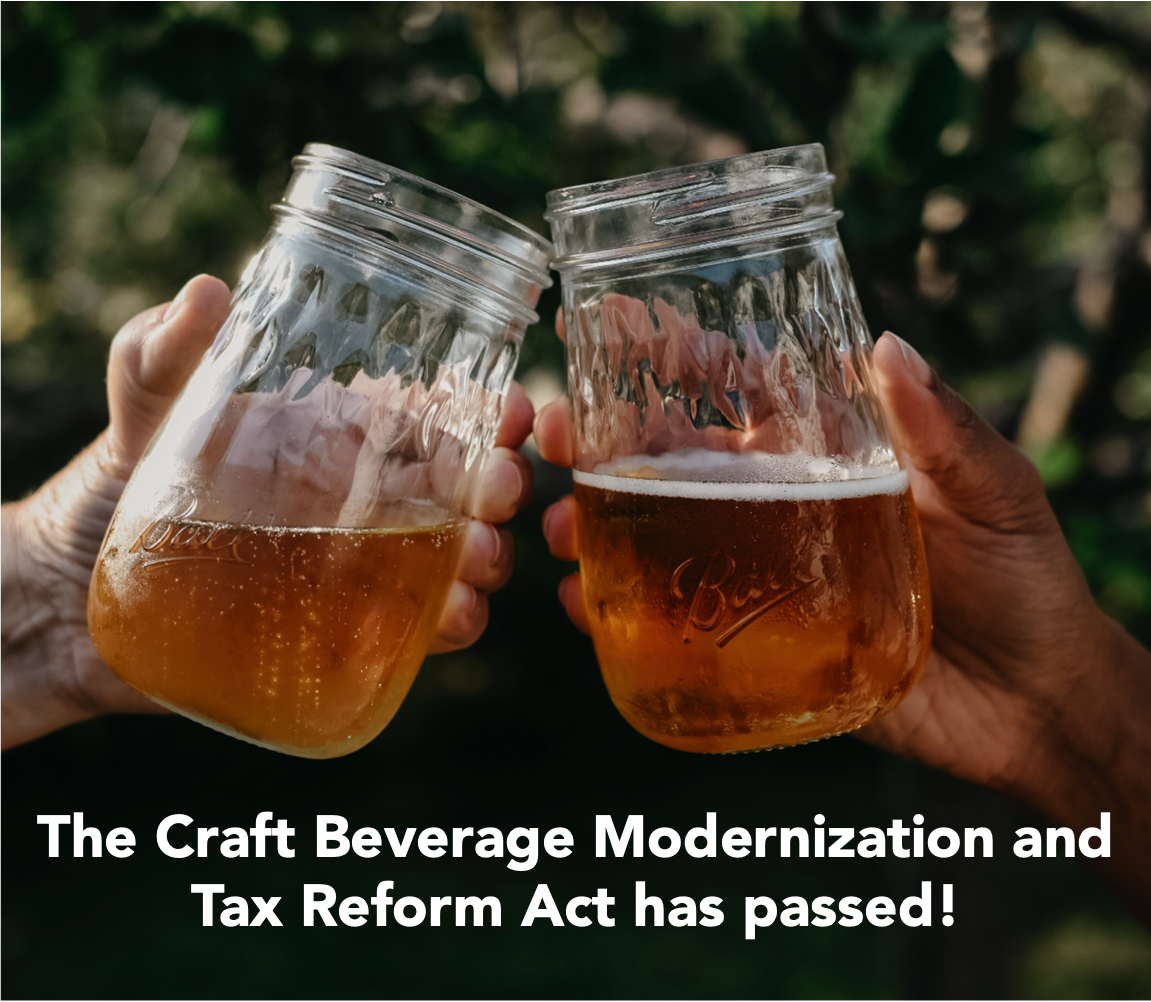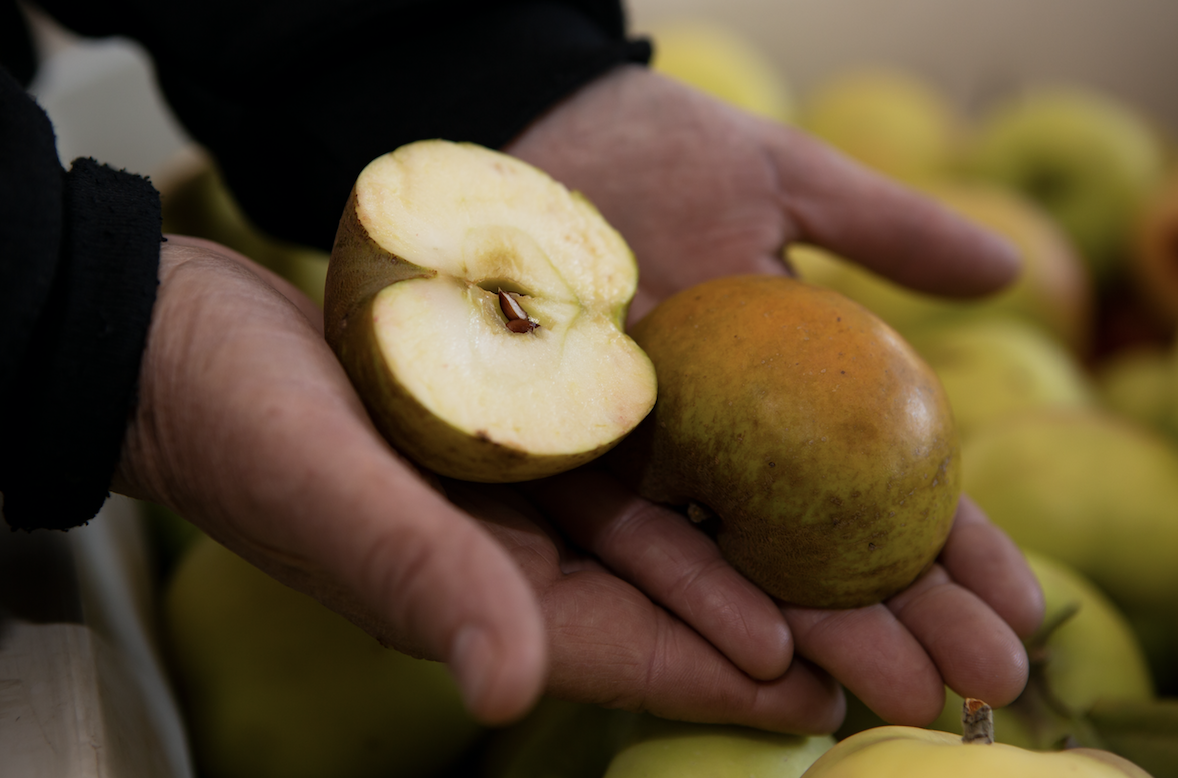Covid
CiderCon 2022 Health and Safety Guidelines
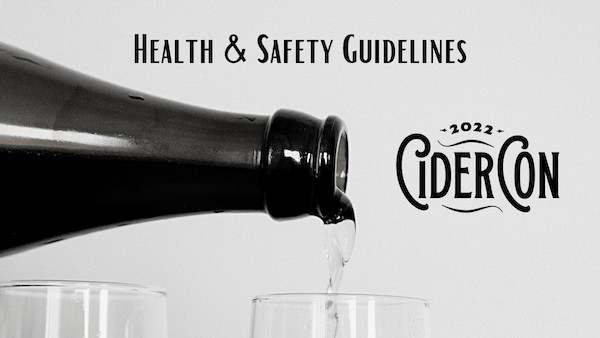
The American Cider Association is taking utmost precautions to create a safe CiderCon environment. Our health and safety guidelines require all persons present at CiderCon 2022 to be fully vaccinated against COVID-19 by January 21 or to provide a negative PCR test within 3 days of arrival or to provide a negative antigen test within 24 hours of arrival. One of these two things, proof of vaccine or a negative test result within the above timeframe, will be required to attend CiderCon 2022. Verification will happen outside registration at the Greater Richmond Convention Center. Absolutely no exceptions will be made.
Per Virginia Department of Health and CDC recommendations, we are currently strongly urging attendees to receive booster shots against COVID-19 by January 21, 2022. The CDC recommends receiving a booster shot if it has been 6 months since your second mRNA or first Johnson & Johnson shot.
Additional precautions:
- Masks must be worn at all times at indoor CiderCon events with the exception of during meals and tasting events where specific safety protocols will be in place. This includes tour buses.
- Security and staff will enforce mask adherence.
- CiderCon staff and volunteers will participate in daily health screenings.
- At this time, the hotel and the Greater Richmond Convention Center require their staff to wear masks.
- Tasting sessions will be in expansive rooms and will be socially distanced as much as possible.
- The Cider Share welcome reception is being divided into two sessions, with featured cideries rotating off. We will be capping attendance of Cider Share to 200 per session. The room has the capacity for 600, and we will encourage social distancing.
- Thursday’s and Friday’s lunches are box lunches so you can easily opt to eat where you would like. Tables will be set at less density than normal.
- Please do not attend CiderCon with symptoms.
We are working closely with the hotel, the Greater Richmond Convention Center. and the Virginia Department of Health to ensure all possible safety precautions are taken. The list above is not exhaustive and we will be sure to update registrants as things evolve.
We are carefully monitoring the COVID-19 restrictions in Richmond and Virginia. Your safety matters to us.
Let’s take care of each other, get boosted, wear our masks, and have the safe in-person CiderCon reunion we are all craving!
August 2021 Covid Relief Updates
There’s been some changes in the SBA Covid Relief Programs recently. Read below to learn more about these changes and how they might impact your business.
PPP Loan Forgiveness
The Paycheck Protection Program (PPP) loan period ended May 31, 2021. Existing borrowers may be eligible for loan forgiveness for all of their PPP loan. Loan forgiveness for both First and Second Draw PPP loans are available if the following criteria is met:
- Employee and compensation levels were maintained for the 8-24 week covered period.
- The loans were spent on payroll and other eligible expenses.
- At least 60% of the proceeds went to payroll costs.
Businesses can apply for loan forgiveness as soon as all the loan proceeds have been used.
Many lenders have signed on to the Direct Forgiveness Portal set up by the SBA to streamline the loan forgiveness process. You can download an Excel spreadsheet HERE to see if your lender has signed up for the Direct Forgiveness Portal. Contact your lender directly for their loan forgiveness program if they have not joined the portal. All businesses applying for forgiveness will have to submit information regarding the use of the PPP loan proceeds they received. You can read more about what documentation you will need to provide HERE.
Shuttered Venue Operators Grant
Note: The deadline to apply for the Shuttered Venue Operators Grant (SVOG) is Friday, August 20, 2021 at 11:59pm Pacific Time. Later in August, those that receive an SVOG will be able to apply for a supplemental grant up to 50% of the original award amount.
The SVOG is available to businesses that support the arts, including venues with live music or performing arts. Businesses that received PPP loans are eligible to apply for the SVOG grant. You can download the Frequently Asked Questions PDF HERE.
Eligible applicants may be able to receive grants up to 45% of their gross earned revenue up to a maximum of $10 million.
Employee Retention Tax Credit
The Employee Retention Tax Credit (ERTC) was created as part of the CARES act to encourage employee retention during the COVID-19 pandemic. The ERTC allows qualified business to claim up to 70% of the first $10,000 in pay and health benefits in each quarter for which they qualify.
It has been extended several times and was set to expire December 31, 2021. The current national infrastructure bill that is before Congress now would end the ERTC early, changing the expiration date to September 30, 2021 if the bill passes before then.
Businesses may also apply retroactively for the credit for previous quarters dating back to the beginning of the pandemic. A rule change also allows businesses who received PPP loans to claim the ERTC and can be claimed retroactively as well. In addition, “recovery startup businesses” (being those that opened after February 15, 2020) will still qualify for the ERTC until the end of the year.
PPP Direct Loan Forgiveness Portal Opens Aug. 4
The U.S. Small Business Administration (SBA) has announced that it has created a PPP Direct Loan Forgiveness Portal to streamline the process by which small businesses who received less than $150,000 can apply for loan forgiveness. Over 600 banks have opted in to use the new portal created by SBA and other lenders are being encouraged to join. Borrowers should check with their lending institution to verify whether it will be using the PPP Direct Loan Forgiveness Portal.
The new portal will begin accepting applications on Wednesday, August 4, 2021. The portal can be accessed HERE! There is also a user guide for the new portal HERE!
The SBA has also created a PPP customer service team to answer questions and assist borrowers in with their forgiveness applications. The customer service team can be reached by calling (877) 552-2692. Hours for customer service are Monday-Friday, 8:00am-5:00pm Eastern.
Restaurant Revitalization Fund Webinar Now Available!
The recording of the Restaurant Revitalizaiton Fund (RRF) Webinar with the U.S. Small Business Association that took place on April 21, 2021 is now available to American Cider Associations members.
For more information regarding the Restaurant Revitalization Fund, check out our blog post!
Restaurant Revitalization Fund Webinar Recording
This content is for members only.
If you were a member and are now seeing this message, please Renew your membership to continue.
Restaurant Revitalization Fund Update
UPDATE 04/27/2021 Registration for the Restaurant Revitalization Fund will begin will begin Friday at 9am and the application period will start on Monday, May 3 at 12pm ET. The online application will remain open to any eligible establishment until all funds are exhausted.
UPDATE 04/22/2021 SBA has announced technology partnerships with several point-of-sale (POS) service providers to help streamline the application process for the Restaurant Revitalization Fund (RRF). Partnerships have been established with Clover, NCR Corporation, Square, and Toast so far. Once SBA announces when applications will be accepted, qualifying businesses can work directly with these POS service providers to help them apply for RRF. The POS service providers will help in different ways, from providing an integrated application process, to supplying pre-packaged POS documentation, to hosting webinars. Check with your POS system to see what they are offering.
While SBA encourages applicants to use the POS ecosystem, applicants without access to point-of-sale service providers can submit their applications electronically at restaurants.sba.gov.
Who is eligible?
- Restaurant, Food Stand, Food Truck, Food Cart
- Snack and Nonalcoholic Beverage Bar
- Caterer
- Bar, Lounge, Saloon, Tavern
- An Inn*
- Brewery, Brewpub, Microbrewery, Taproom, Tasting room*
- Bakery*
- Winery*
- Distillery*
- A licensed facility or premise of a beverage alcohol producer where the public may taste, sample, or purchase products
- Other similar place of business in which the public or patrons assemble for the primary purpose of being served food or alcohol.
*Inns, bakeries, breweries, brewpubs, microbreweries, taprooms, tasting rooms, wineries, and distilleries are limited to those that have onsite sales to the public of 33% or more of gross sales.
What is the maximum grant amount for the RRFG?
The maximum grant amount is $5M per location and $10M total for the eligible businesses with more than one location.
Is a business that applied for and received a Paycheck Protection Program (PPP) loan eligible to apply for an RRFG?
Yes. However, the RRFG will be reduced by the total amount of PPP Loans.
What documents will an eligible business need to prepare to apply for a RRFG? (Please remember that while you can begin to compile information, you cannot yet submit your application to the SBA.)
- SBA Form 3172
- Verification for Tax Information: IRS Form 4506-T, completed and signed by Applicant. Completion of this form digitally on the SBA platform will satisfy this requirement.
- Gross Receipts Documentation: Any of the following documents demonstrating gross receipts and, if applicable, eligible expenses will satisfy this requirement.
- Business tax returns (IRS Form 1120 or IRS 1120-S)
- IRS Forms 1040 Schedule C; IRS Forms 1040 Schedule F
- For a partnership: partnership’s IRS Form 1065 (including K-1s)
- Bank statements
- Externally or internally prepared financial statements such as Income Statements or Profit and Loss Statements
- Point of sale report(s), including IRS Form 1099-K
- For applicants that are a brewpub, tasting room, taproom, brewery, winery, distillery, or bakery:
- Documents proving that onsite sales to the public comprise at least 33.00% of gross receipts for 2019, which may include Tax and Trade Bureau (TTB) Forms 5130.9 or TTB. For businesses who opened in 2020, the Applicant’s original business model should have contemplated at least 33.00% of gross receipts in onsite sales to the public.
What will the RRFG rollout schedule look like?
| Priority Period Days 1 to 21 | SBA will accept applications from all applicants but priority will be given to small businesses that have women, veterans, and socially or economically disadvantaged individuals that have 51% ownership. |
| Open to all Applicants Day 22 through funds exhaustion | SBA will accept applications from all eligible applicants and process applications in the order in which they are approved by SBA. |
Are some RRFG funds set aside for specific groups?
Yes, there are funds set aside for specific groups. They are as follows:
- $5 billion is set aside for applicants with 2019 gross receipts of not more than $500,000
- An additional $4 billion is set-aside for applicants with 2019 gross receipts from $500,001 to $1,500,000
- An additional $500 million is set-aside for applicants with 2019 gross receipts of not more than $50,000
What can my RRFG funds be used for?
- Business payroll costs (including sick leave)
- Payments on any business mortgage obligation
- Business rent payments (note: this does not include prepayment of rent)
- Business debt service (both principal and interest; note: this does not include any prepayment of principal or interest)
- Business utility payments
- Business maintenance expenses
- Construction of outdoor seating
- Business supplies (including protective equipment and cleaning materials)
- Business food and beverage expenses (including raw materials)
- Covered supplier costs
- Business operating expenses
For more information you can check out the RRFG Info Page at SBA or sign-up to receive updates about the RRFG from SBA. In addition, you can download the National Restaurant Association’s FAQ Guide for the Restaurant Revitalization Fund Grants
Cider Tax News
UPDATE: On 12/27/20 President Trump signed the bill making the reform included in the CBMTRA permanent.
On Monday night, Congress took the important step to pass permanent Federal excise tax credits for the nation’s cideries, meaderies, wineries, breweries, and distilleries. The tax reform measures for alcohol producers were originally introduced on a two-year basis in 2017 and renewed for one year late in 2019. The renewal was set to expire on December 31, 2020, but thanks to the inclusion of the Craft Beverage Modernization and Tax Reform Act (CBMTRA) in the most recent COVID relief bill, the excise tax credits are now permanent. The transition from temporary tax bill to permanence was relatively rapid thanks to enormous bipartisan popularity in both the Senate and House of Representatives as well as unprecedented collaboration of cider, wine, beer, spirits, and mead.
The bill removes prior barriers to growth by increasing the defining production threshold of a small cidery or winery and maintaining tiered tax credits as cideries grow and meet those thresholds.
“Many cideries feared exceeding the original small producer threshold. The permanent passage of the CBMTRA removes that fear,” said Michelle McGrath, executive director of the American Cider Association (ACA).
CBMTRA had many Congressional champions that ensured its success including the Senate co-sponsors Senate Finance Ranking Member Senator Wyden (D-OR) and Senator Roy Blunt (R-MO), House co-sponsors Representative Kind (D-WI) and Representative Kelly (R-PA), House Ways and Means Committee Chair Representative Neal (D-MA), House Ways and Means Ranking Member Kevin Brady (R-TX), Senate Majority Leader Mitch McConnell (R-KY), Senate Minority Leader Charles Schumer (D-NY), Senate Finance Chair Charles Grassley (R-IA), House Speaker Nancy Pelosi (D-CA), and House Minority Leader Kevin McCarthy (R-CA).
“America’s cidermakers can take a deep breath knowing that not only will their Federal excise taxes not go up on January 1, but the annual cycle of uncertainty regarding those taxes will stay behind with 2020,” said Brooke Glover, vice president of the American Cider Association.
“These tax credits were passed relatively recently, but many new cideries have never known any other way. I’m grateful they aren’t facing a tax increase come January 1. This can provide a bit of much needed confidence to do business in 2021,” said McGrath.
ACA played a supportive role in the craft beverage coalition that lobbied to make the credits permanent.
“Our members have worked hard to host members of Congress at their cideries, visit their offices in DC and participate in collaborative days of action. I was really proud of ACA’s membership,” McGrath said. “We are also extremely grateful to our colleagues in wine, beer, spirits and mead for including us in the beverage coalition.”
The American Cider Association encourages its members to make sure they are taking advantage of these tax credits and to let the ACA know how they are investing the savings. The Association will be rolling out educational resources to explain the nuances of how the CBMTRA benefits cider businesses in the coming weeks.
“Thank you to our members for renewing your membership year after year. Your small annual investment in the ACA has added up to much bigger permanent tax savings for you,” added McGrath. “Cider has a seat at the table. We have increasing numbers of Congressional champions. Our association is working.”
The bill now heads to President Trump for his signature and he is anticipated to sign. In a time when it is desperately needed, the CBMTRA supports jobs, farms and craft manufacturing.
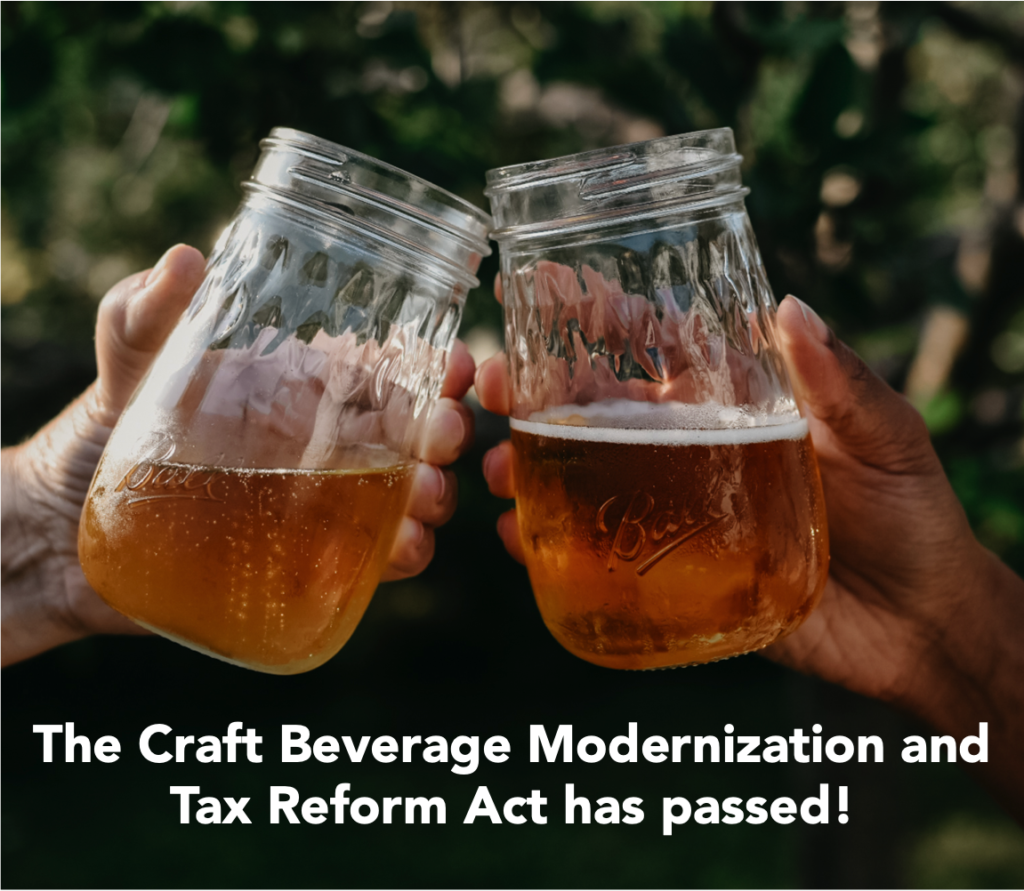
SBA Re-Opens EIDL For Ag Biz Only
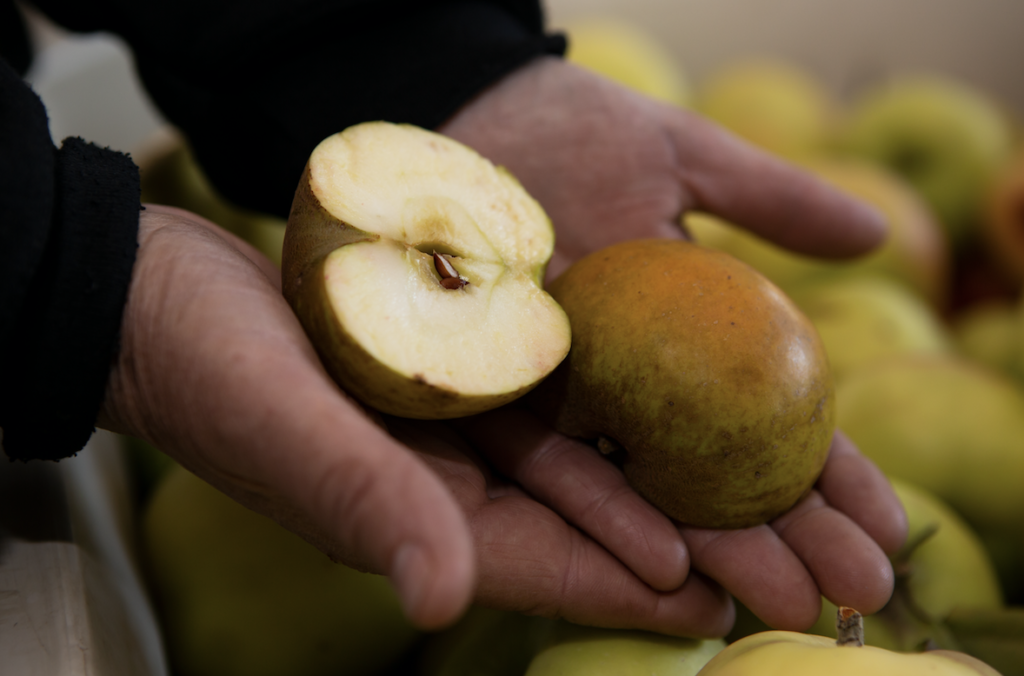
When the SBA first started offering Economic Impact Disaster Loans (EIDL) with an associated cash-advance to help counter the impact of the Corona virus on small businesses, farm-based businesses were disqualified from applying. Farming advocates were hopeful that the USDA was going to provide financial relief to those businesses as prescribed by the CARES Act, but the roll-out of such relief remains to be seen.
SBA’s Corona-relief programs have faced enormous demand, and congress had to recently add more resources to the programs to keep them running (PPP & EIDL). The demand for the EIDL loans was so great that the SBA ran out of funds long before all the applications were assessed. When the CARES 2 Act, as it’s sometimes called, provided more funding for EIDL, the queue of unprocessed applications was so long the SBA decided to keep the application closed.
Recently, the SBA has decided to reopen applications but for agricultural businesses only. The Small Business Act defines agricultural enterprises as “businesses engaged in the production of food and fiber, ranching, and raising of livestock, aquaculture, and all other farming and agricultural related industries.” Eligible agricultural businesses must have 500 or fewer employees. There are two qualifying questions when applying for an EIDL. The first question asks what type and size of business you are applying for. “Applicant is an agricultural enterprise with not more than 500 employees” is one of the options.
Reopening of EIDL is good news for apple suppliers, orchards, farm-stand cideries and other agricultural enterprises in the cider industry.
The EIDL application for agricultural enterprises is available here.
ACTION ALERT: Low-interest loans are helpful, but much more is needed to support the cider community. Congress needs to be reminded that this industry is in dire need of support.
As one of our members recently shared: “Our sales are down 60%. I’ve had to furlough 92% of our staff….It’s a sink or swim in dangerous water situation, and our elected officials need to know.”
Read more about what the American Cider Association and Craft Beverage Coalition are asking for:

